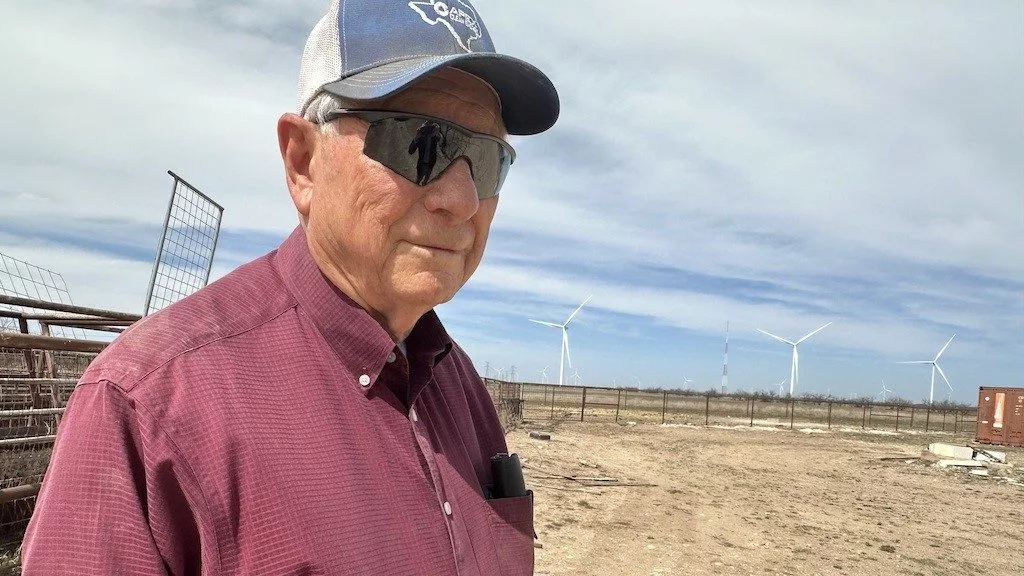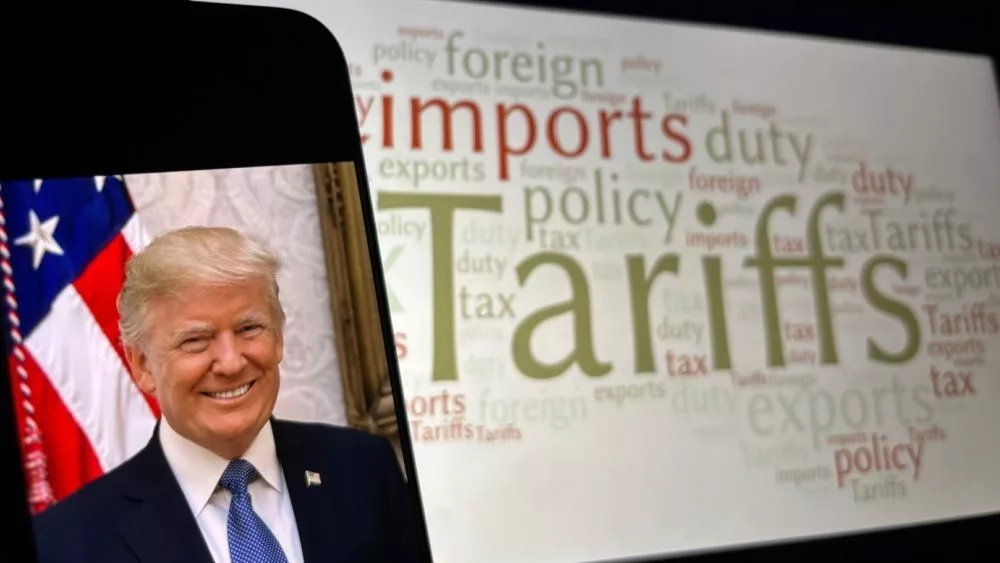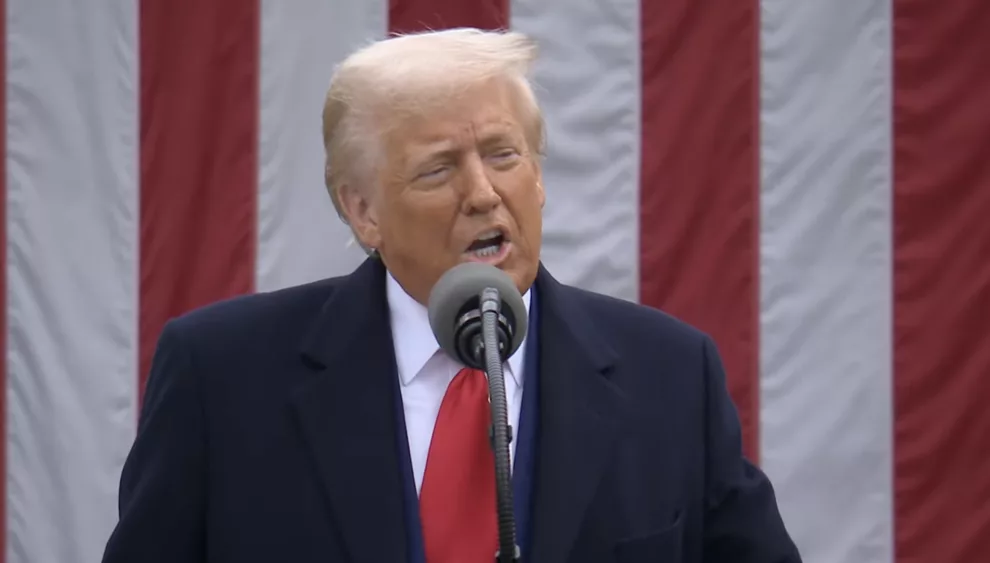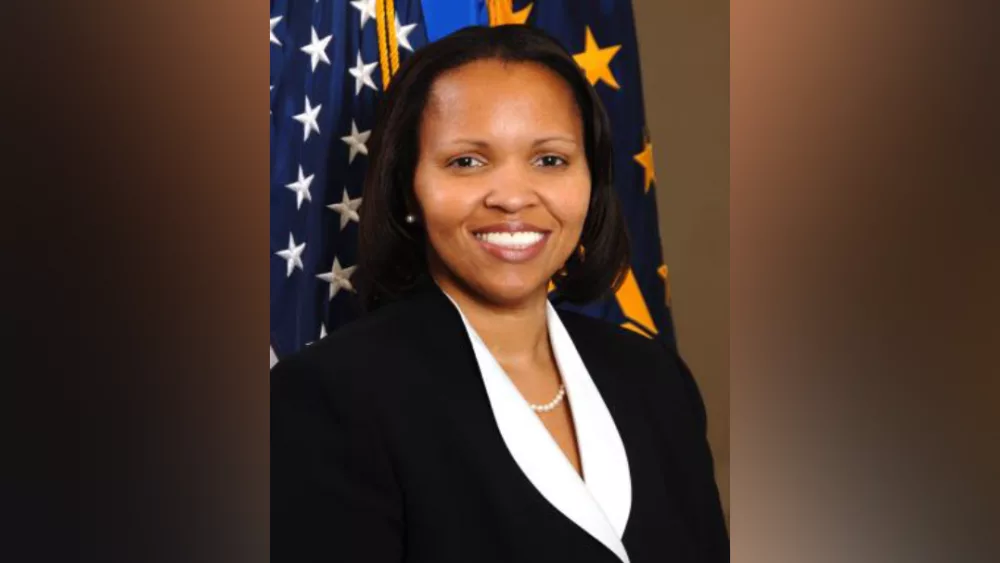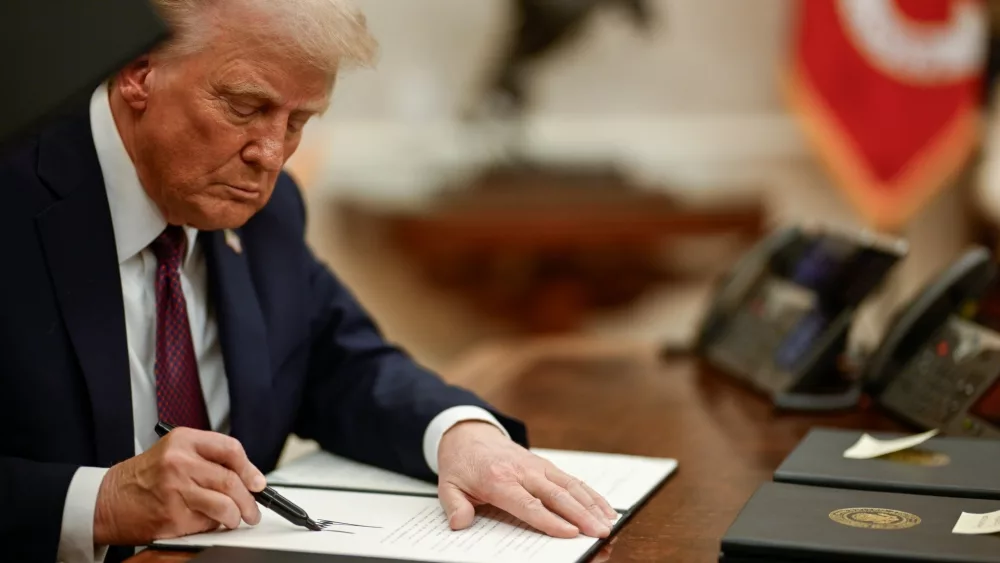WATER VALLEY, TX — On a recent day when the wind gusted close to 40 miles per hour, 82-year-old George Neill was making repairs on his ranch, oblivious to the nearby cluster of wind turbines churning the sky behind him.
“After about a year, you never know the things are here,” said Neill, who leases part of his West Texas property to an East Coast-based renewable energy company that placed three wind turbines on it four years ago.
Hundreds of other wind turbines stretch across this landscape, instantly visible to motorists traveling to nearby San Angelo and other towns. The turbines aren’t the only renewable energy producers amid the mesas: From a distance, a glistening array of solar panels resembles a small lake.
Texas is famous for producing oil and gas, but renewable energy has become deeply embedded in the state’s culture and economy. Texas led the nation in generating electricity from wind power and utility-scale solar power in 2023, and wind and solar energy projects contribute tax revenue to local governments and struggling school districts. Texas landowners are expected to receive nearly $30 billion in lease payments under current and expected projects, according to an industry study.
But in recent years, Texas has loosened its political embrace of alternative energy. For the second legislative session in a row, many Texas lawmakers are trying to derail or curb future renewable energy projects.
They are relatively new players to the market, so there’s going to be pushback from incumbents.
– Joshua Rhodes, research scientist at the University of Texas at Austin
The shift is rooted in a number of a factors, including the second Trump administration’s antipathy toward renewables and an aggressive recommitment to fossil fuels in Texas energy policy. There is lingering concern over the reliability of the state’s electrical grid, after all types of power sources failed during a devastating 2021 winter storm. Some people object to the aesthetics of wind and solar farms, or note that turbines and panels can harm some wildlife.
Texas is not alone. Once focused on stopping individual projects at the local level, renewable energy opponents have been making inroads in other state legislatures, too. They have received backing from the oil and gas industry. And they’ve been galvanized by the 2022 passage of the Inflation Reduction Act, the largest-ever attempt to speed the transition to clean energy.
In neighboring Oklahoma, for example, hundreds of people rallied at the state Capitol in January to urge Republican Gov. Kevin Stitt to issue an executive order halting new wind and solar projects. Like Texas, Oklahoma is a major oil and natural gas producer, but it generated 45% of its total in-state electricity from renewable resources in 2023.
Stitt, a strong supporter of renewable energy, is highly unlikely to issue such an order. But he will leave office in two years, and several Republicans discussed as possible successors appeared at the rally. One of them, Attorney General Gentner Drummond, last month on social media criticized what he called “the green energy scam” and urged Stitt and state lawmakers to tighten wind farm rules during the current session.
In Arizona, the House earlier this year approved a bill that would bar wind farm projects within a dozen miles of any property zoned for residential use — a restriction that would apply to about 90% of the land in the state, according to an analysis by the Arizona Republic.
In Ohio, a 2021 law allowing county commissioners to create restricted areas where utility-scale solar and wind projects can’t be built has had a huge impact, as 26 Ohio counties have banned renewable energy projects. This year, GOP lawmakers have introduced legislation that would end all state solar subsidies.
And in Missouri, Republican legislators are pushing a bill that would raise taxes on farmers who lease their land for wind or solar energy projects.
The expanding opposition to renewables isn’t unexpected, said Joshua Rhodes, a research scientist at the University of Texas at Austin who studies the power grid. He noted that wind, solar and battery storage have rapidly become the “cheapest way to put more energy on the grid.”
“They’re victims of their own success,” he told Stateline. “They are relatively new players to the market, so there’s going to be pushback from incumbents.”
Opposing sides
At the center of the current debate in Texas is state Sen. Lois Kolkhorst, a Republican committee chair who has resurrected a 2023 bill that would require new utility-scale solar and wind projects to get permits from the state’s Public Utility Commission, regulations that aren’t imposed on projects for natural gas and other energy sources. The bill also calls for set-back requirements and cleanup funds
The land isn’t just a piece of property to us. It’s our home, our sanctuary and a big part of who we are.
– Laurie Dihle, who lives on 154 acres in Franklin County, Texas
Kolkhorst, in a statement to Stateline, called the legislation “a common-sense approach to the encroachment of wind and solar facilities being scattered across our great state with no consideration or safeguards for landowners or the environment.”
At an hourslong Senate committee hearing recently where opponents of Kolkhorst’s bill outnumbered supporters, farmers, ranchers and small-town Texans sometimes found themselves on opposite sides, either arguing that sprawling wind farms and solar arrays are a lasting source of economic vitality or a threat to a beloved way of life.
“The land isn’t just a piece of property to us,” said Laurie Dihle, who lives on 154 acres in Franklin County with her husband. “It’s our home, our sanctuary and a big part of who we are. When we look out across the road, we see rolling green pastures and trees. Now we’re facing the possibility of that view and so much more being replaced by a sprawling solar farm.”
Environmentalists and industry representatives view Kolkhorst’s bill as a roadblock in the march toward green energy. Luke Metzger, executive director of Environment Texas, said the bill would open the door to “a really arbitrary discriminatory permitting regime,” requiring wind and solar developers to get permits that other energy producers do not have to have.
Describing herself as a “lifelong wildlife conservationist,” Kolkhorst said she introduced the bipartisan bill with nine other senators in an effort that “looks past the billions in wind and solar subsidies to instead focus on the total impact of these projects on our land, people and wildlife.”
But oil and gas projects also can harm wildlife, and scientists note that the emissions released by fossil fuels worsen climate change disasters.
Insiders following the legislation, including Metzger, identify one of the bill’s major supporters as Kolkhorst donor Dan Friedkin, a billionaire Houston businessman.
Friedkin, chairman emeritus of the Texas Parks and Wildlife Commission, is owner and CEO of The Friedkin Group, a consortium of businesses and investments that includes Gulf States Toyota. Gulf States is one of the world’s largest distributors of Toyota vehicles and parts, with exclusive rights to sell Toyotas in Texas and four other states. Gulf States Toyota Inc. State PAC made four donations totaling $42,500 to Kolkhorst from October of 2020 to October of 2024, according to the Texas Ethics Commission.
Friedkin is a stunt pilot and outdoorsman with a ranch in South Texas. Neither he nor his lobbyist, Laird Doran, senior vice president for public and legal affairs at The Friedkin Group, returned phone calls from Stateline.
Texas lawmakers have filed dozens of wind- and solar-related bills this session, including measures aimed at restricting the placement of battery storage facilities, curbing tax breaks and subsidies for renewable companies and limiting the amount of electricity solar and wind projects contribute to the state’s power grid.
Republican state Sen. Phil King, for example, is pushing a bill that would mandate that 50% of all new electricity must come from natural gas, nuclear or battery storage. King said solar and wind power should be part of the state’s energy mix, but he claims they aren’t reliable enough to serve as the foundation.
State Rep. Don McLaughlin, a Republican, has introduced legislation mandating a study of the economic impact of wind and solar projects on local communities, as well as noise and health effects, threats to wildlife and the challenges of disassembling worn-out systems. Sweetwater, Texas, has thousands of composite blades piled up in “a windmill graveyard.”
Rural support
But many rural GOP lawmakers whose districts long ago sprouted oil rigs and pump jacks are now strong supporters of wind and solar power.
“It’s nonstop windmills on both side of the road for 70 miles,” said state Rep. John Smithee of Amarillo, describing a typical drive from his hometown in the Texas Panhandle to the Capitol in Austin. “Almost all of those [constituents] have benefited.”
State Rep. Drew Darby, whose northwest Texas district includes San Angelo and Water Valley, an unincorporated community of around 300, said revenue from wind power has resulted in countywide improvements and lease payments to property owners.
“It’s been a positive impact on rural effectiveness,” said Darby. “Landowners … are receiving nice payments for leasing the property.”
In Water Valley, taxes from the increased revenue paved the way for a tax-free bond election that enabled the town’s K-12 school to add an upscale weight room, a technical educational facility and a “cafetorium” that serves as a dining room and performance hall. The school building had previously been so small that students had to eat in shifts.
The wind farm is expected to generate $123 million in local taxes over the 30-year life of the project, as well as more than $100 million in payments to landowners.
George Neill, the West Texas rancher, said he takes the wind turbines in stride as he roams across his 1,700-acre spread.
He’s not at liberty to reveal the amount of his payments. He’s not getting rich, he said, but the money “makes a difference when you’re trying run a ranch.”
Freelance reporter David Montgomery can be reached at djmont1962@gmail.com.
Stateline is part of States Newsroom, a nonprofit news network supported by grants and a coalition of donors as a 501c(3) public charity. Stateline maintains editorial independence. Contact Editor Scott S. Greenberger for questions: info@stateline.org.

